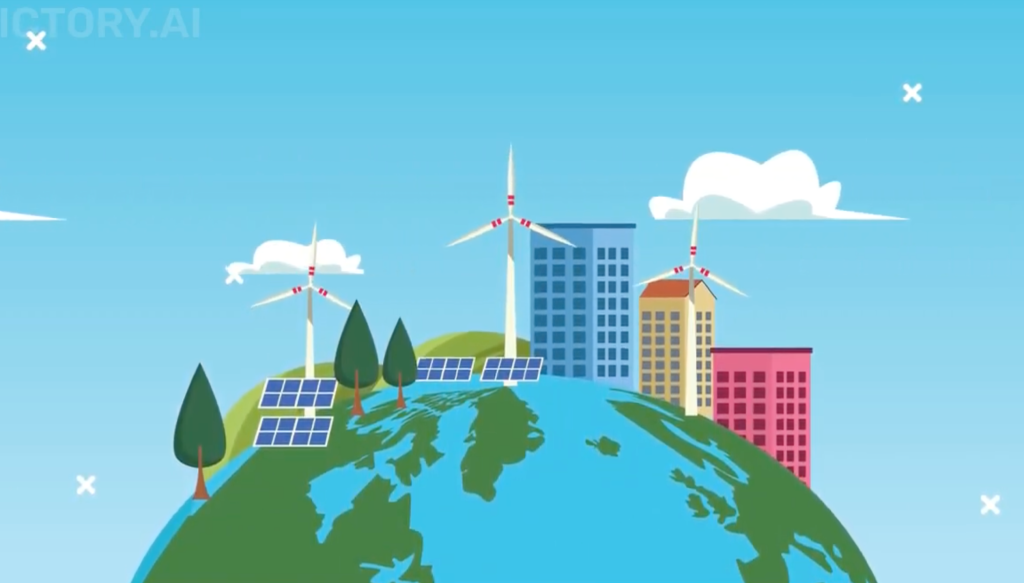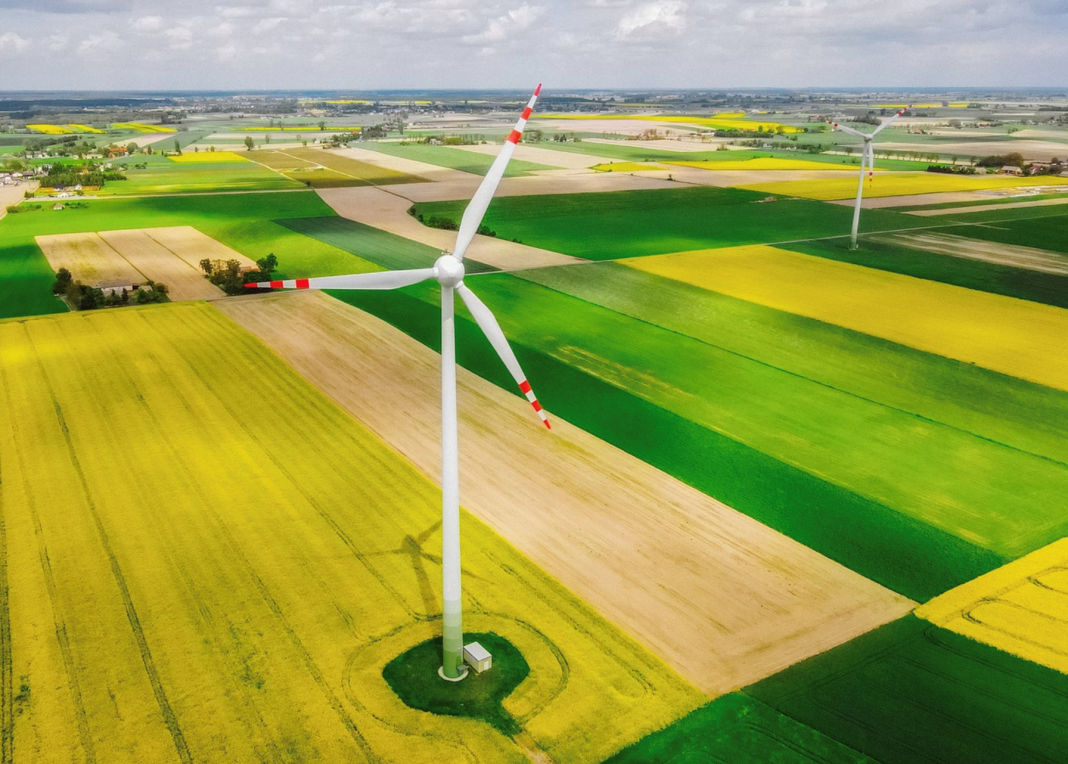The concept of a green economy isn’t just about energy. It’s a complete overhaul of how we interact with our environment, a new philosophy to guide our consumption, production, and lifestyle choices.
The transition from a carbon-intensive economy to a green economy is a monumental task requiring significant investment and global cooperation.
The Cost of Transformation
While it’s impossible to pin down an exact dollar figure for this transformation, we can say without a doubt that it will require us to make big changes.
The Imperative Shift from Fossil Fuels
Fossil fuels, including oil, gas, and coal, have underpinned global economies for centuries. However, the environmental toll of these nonrenewable resources is now an undeniable reality. Therefore, the shift towards cleaner, renewable energy sources such as wind, solar, and water is imperative, both for our planet’s health and our economies’ sustainability.
- Electrifying the Transportation Sector
A significant part of this transition involves electrifying our transportation systems. Electric vehicles (EVs) represent an exciting opportunity to reduce carbon emissions and oil dependency drastically. However, the journey towards full electrification has its challenges in terms of infrastructure and public perception. Many big players in the industry are already burning the proverbial candle at both ends, as they seek viable electric solutions for the transportation sector.

The Paradox of Green Technologies
The manufacturing processes in creating renewable energy technologies, including solar panels, wind turbines, and batteries, also contribute to ozone production and greenhouse gas emissions. This paradox, often called ‘embodied emissions’, presents a significant challenge to green transformation. However, it’s crucial to note that these emissions are a one-time cost, while the energy produced over the lifespan of these technologies is clean and sustainable.
Industries Transition Online
Of course, not every industry can go remote, but there are so many examples of how energy is saved when going digital.
Consider a typical casino, which could have 1000s of lightbulbs burning 24/7, as well as 100s of staff, restaurants producing food waste, and so on. Then consider what it takes to run an online casino where players can experience real games of roulette, poker, and popular slots like Break Da Bank Again Respin.
Yes, online casinos require energy-consuming servers, but it pales in comparison to what it takes to run a physical casino. Still, we should note that the experience is different – and both types of entertainment remain popular. Moreover, we should note that many top casino resorts have seen the sense in ‘going green’ by using solar panels, LED lighting, food waste programs, and so on.
The Priceless Payoff
The cost of transitioning to a green economy is undoubtedly high, but it’s a cost we can’t afford NOT to pay. The climate crisis presents an existential threat to humanity, and the cost of inaction far outweighs any amount we could invest today. As in ‘Break da Bank Again’, the stakes may be high, but the potential rewards are even higher.
A Sustainable Future is Well Worth the Investment
In the final analysis, transforming our economies and societies to become greener and more sustainable is not merely a choice—it’s a necessity. Of course, the cost of this transition will be high, but we should view this not as a cost but as an investment in cleaner air, healthier ecosystems, and a more sustainable world.
Undeniably, the challenges we face are complex and multifaceted. The road to a green economy involves overcoming technical hurdles, adjusting business models, and shifting societal behaviours. But the rewards that await us at the end of this journey—a planet that can continue to support human life and a society that values and respects the earth’s finite resources—are worth every effort.
We must be willing to take bold action to secure these rewards. The climate crisis will not wait for us to be ready; it demands action today. And while the initial cost may be prohibitive, the long-term savings in terms of environmental impact and financial expenditures will far outweigh these early investments.
We are not just investing in technology or infrastructure—we are investing in our future, in the world that we will hand over to the next generations. And there’s no better investment than that.
Also Read
5 Benefits Of Modern Smart Buildings
Sustainable building materials for industrial warehouses worldwide

